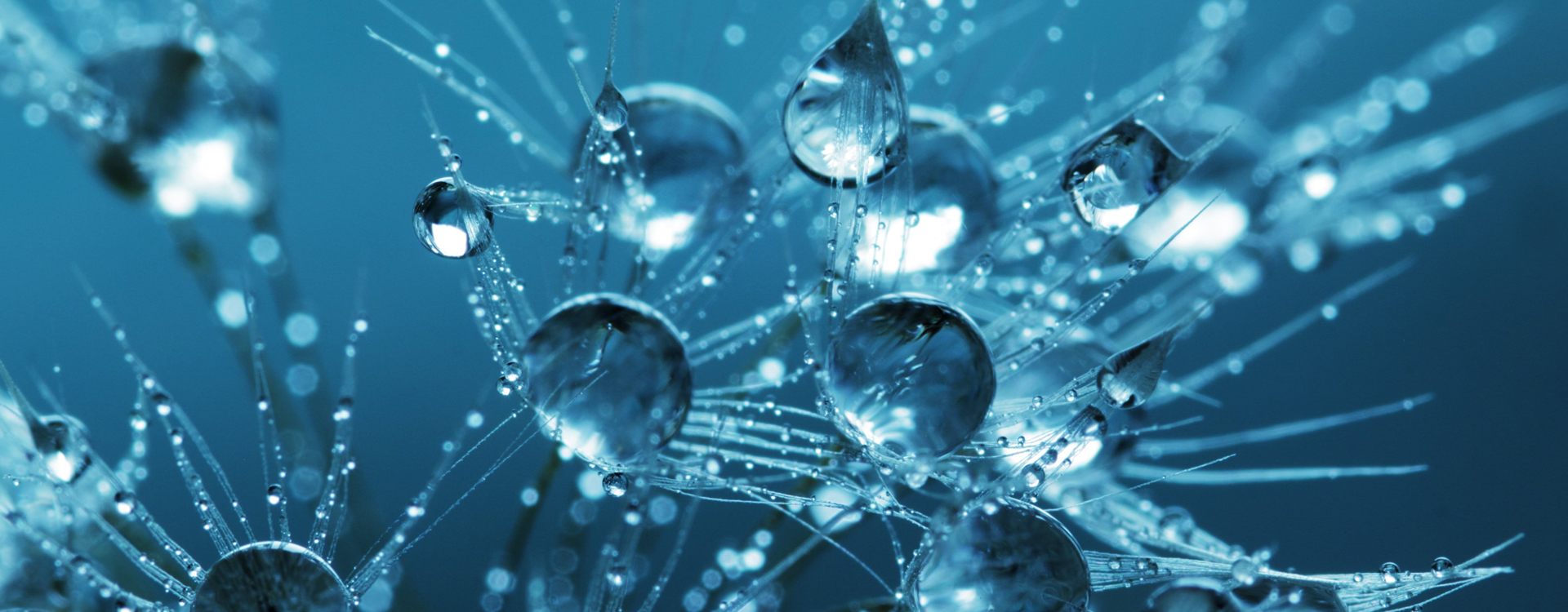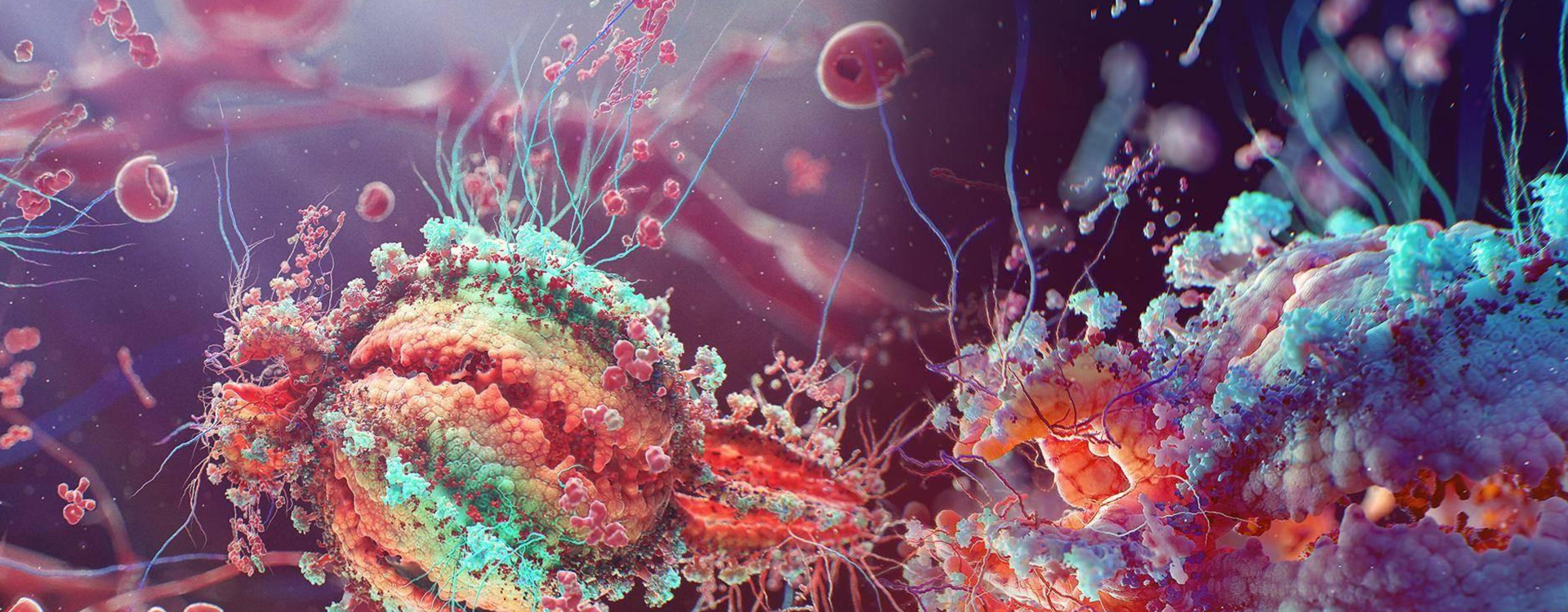Seminar Details
This thesis illustrates the biofilm-forming potential of marine bacteria and their degradation efficiency for petroleum hydrocarbons (PHs). Biofilm-forming marine bacterial isolates showed significantly higher utilization of crude oil in the biofilm than in the planktonic growth mode (P<0.05). P. furukawaii PPS-19 showed the highest utilization of crude oil and significantly reduced 38% of 100% (v/v) crude oil in biofilm than planktonic growth mode (61.3%) (P<0.001). Colorimetric analysis revealed that polysaccharides are the major components of EPS of P. furukawaii PPS-19. Diffractogram exhibited an amorphous phase of the EPS with a crystallinity index of 0.336. The EPS showed three-step thermal decomposition and thermal stability up to 600°C, as confirmed by thermogravimetric analysis (TGA). The differential scanning calorimetry (DSC) thermogram revealed one crystallization temperature at 69.18°C with 343.15 mJ latent energy and two melting temperatures at 424.76°C and 556.90°C with 211.73 mJ and 2030.44 mJ latent energies, respectively. EPS produced by the marine bacterium P. furukawaii PPS-19 showed emulsification activity, and emulsions showed high stability with time and temperature exposure. EPS was quenched in the presence of PHs, establishing a static mechanism, and the maximum binding was obtained with n-dodecane (1.88 L mol-1, -1.57 kJ K-1 mol-1). alg8 gene was identified in the bacterium, and it showed significantly increased expression in the presence of n-dodecane (6.31 fold) (P < 0.05). The n-dodecane and pyrene bioadsorption capacity of EPS-alginate was significantly higher (356.5 and 338.2 mg g-1, respectively) (P<0.001) than calcium-alginate. P. furukawaii PPS-19 showed strong hydrophobicity under different physicochemical stressors, such as pH and salinity. The bacterium showed the respective n-dodecane and pyrene degradation of 94.3% and 81.5% at pH 7 and 94.5% and 83% at 1% salinity.


